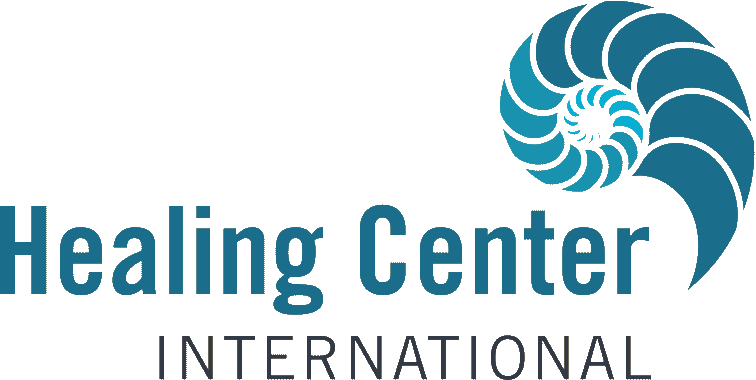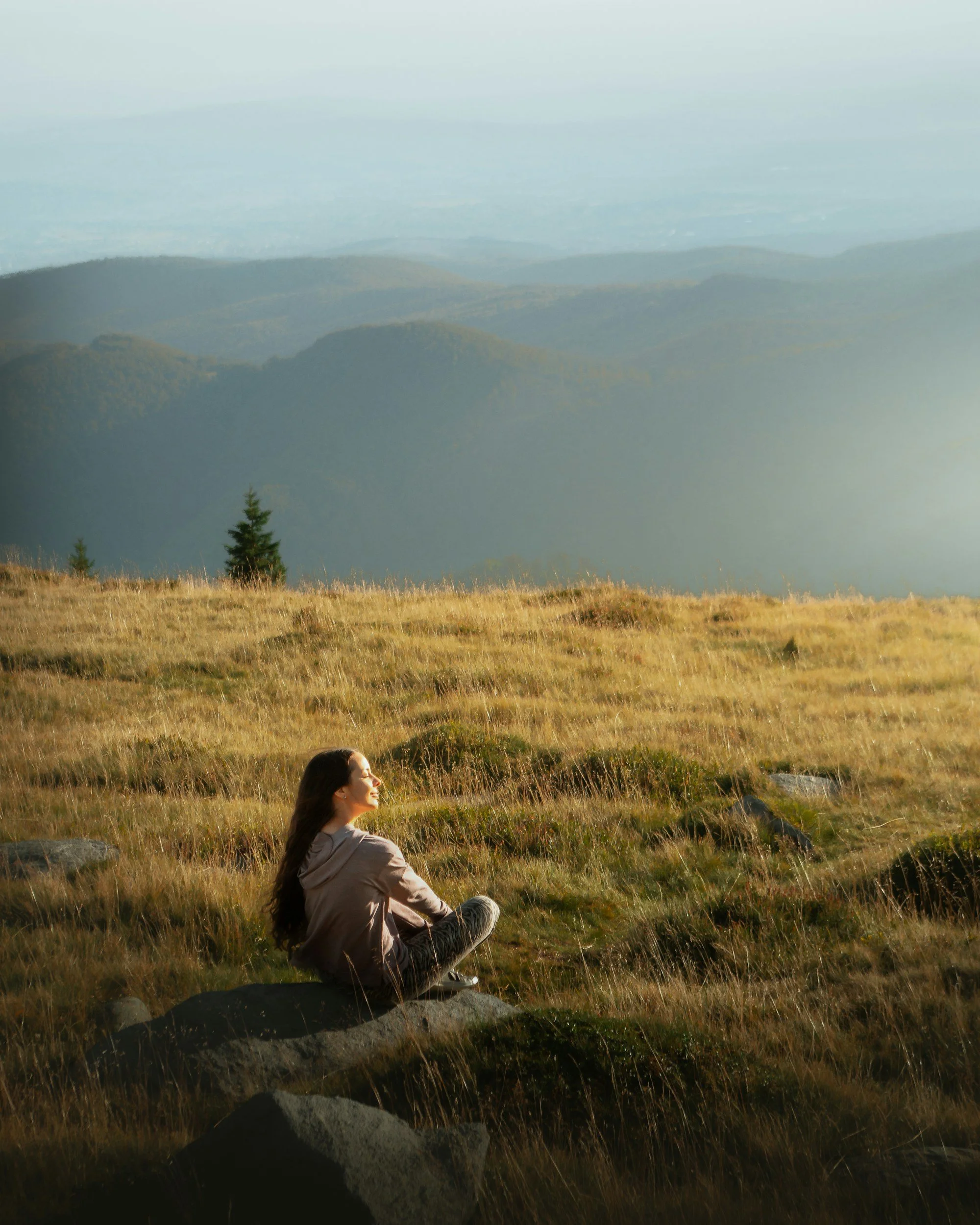More than two thousand years ago, God the Father sent his son to earth to take on human flesh. In that moment, he who is fully God became also fully man. Advent, the season when we celebrate this miraculous event started this year on November 28th and will continue through Christmas Eve. We are grateful to God for his mercy in reaching out to us in our broken humanity, for living among us, and for dying for our sins. We celebrate his resurrection.
Most Christians know about these wonders. But if you are like most believers, you don’t know much about eschatology, when history ends, and Christ comes again. Advent celebrates both, the first coming of Christ as a babe in the manger as well as the second coming of Christ.
It’s important to know about eschatology because there are so many misconceptions presented in popular literature. There, the authors (I assume) tried to fill in the blanks with exciting fiction, but to be honest, there is quite a bit we don’t know . . . yet. But if we learn what is known, we will recognize the eschaton it when it happens.
Read More










